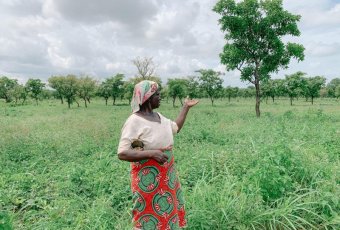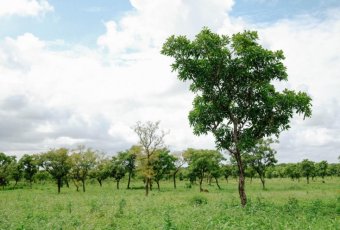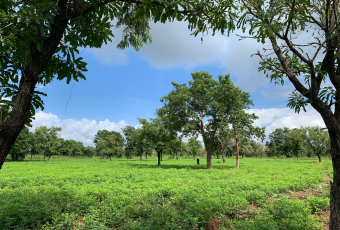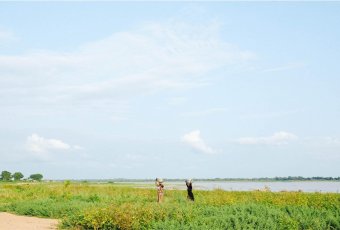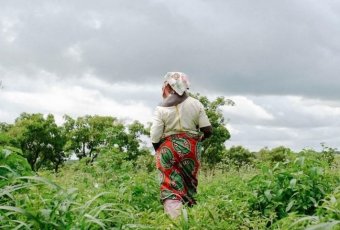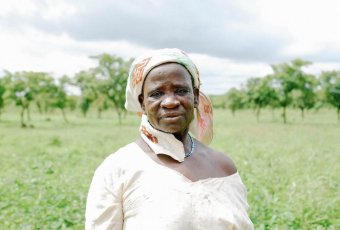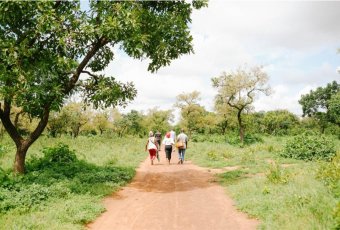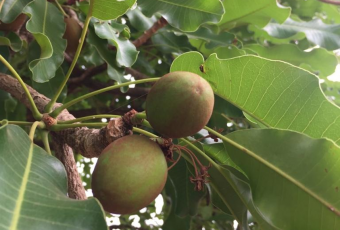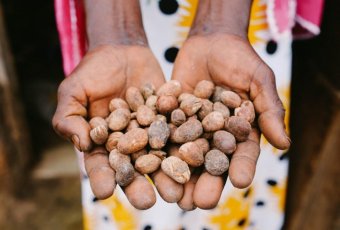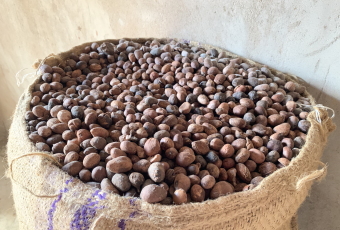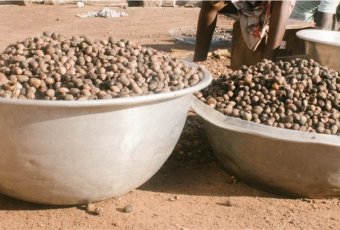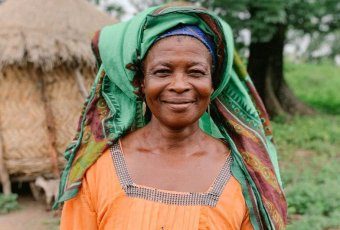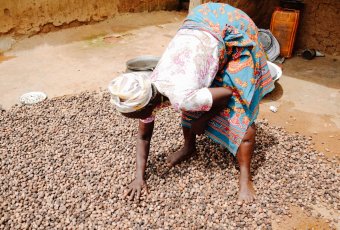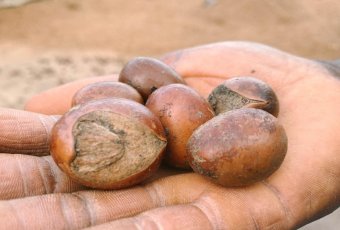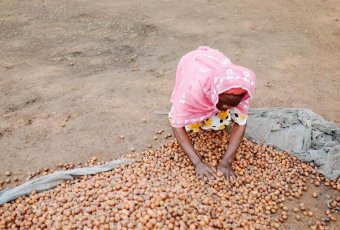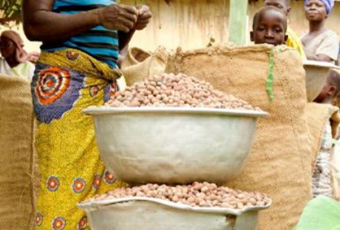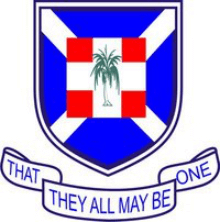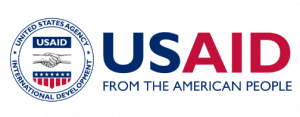The context
In the vast northern Ghana, fourth largest shea kernel producing country in the world, shea is an economic opportunity for 470, 000 women farmers. But the challenges they need to face are many: in this poorest region of the country, scarce rainfall has led to poor land, unpredictable yields, and food insecurity. With little knowledge of the international shea market demands, women often trade low value shea kernels locally. Plus, shea being a seasonal work, the income they get often arrives too late to support them in their family and farming activities.
How to ensure a responsible supply of high-quality shea in a context of growing market demand? How to help the women of shea gain more from the kernels they harvest? How to boost other economic opportunities for them when shea is a seasonal activity?
The project
The Livelihoods Fund for Family Farming (L3F) is taking up the challenge by launching a 10-year program that brings together a coalition of major players in the shea value chain: Mars Incorporated (a global business that produces some of the world’s most famous brands of confectionery, food, and petcare products and services) AAK (the world’s leading provider of value-adding plant-based oils and fats, and Mars’ supplier of shea), USAID (the U.S. Agency for International Development and co-funder of the project), CARE (a global humanitarian organization working for the social and economic development of shea women collectors in Ghana and implementing partner for USAID), and local NGO Presbytarian Agricultural Services (PAS) which has been working closely with rural and farming communities in Ghana for 50 years.
The project, called “the Women in Shea Initiative” aims at building a responsible shea supply chain in East Gonja District, Northern Ghana, by providing 13,000 women farmers with sustainable income, diversified agricultural production and preservation of the shea natural ecosystem in a particularly arid area.
The social, environmental and economic impacts
The project, called the “Women in Shea initiative” will build upon AAK’s existing responsible sourcing program Kolo Nafaso (“the house of benefits of shea kernels”) which is supporting women to gain a fair price with no intermediaries. It will focus on the following activities:
Improve shea production efficiency and product quality to increase income for women farmers:
First, provide the tools, trainings, and support necessary to help them increase the quantity of shea kernels they collect as well as their quality, to improve their income. For example, new transport means will help them carry more kernels during the collection process, save time and reduce the burden of carrying the kernels. Equipping the women with efficient cookstoves will help them reduce exposure to toxic smokes when they will need to parboil the kernels, as well as significant wood and water consumption. Simple tools and methods such as lifting the nut bags by using drying beds, will reduce the risks of moisture and therefore increase the shea kernels quality.
Support the women to identify, produce crops and create new sources of income to complement shea production:
Second, the Women in Shea Initiative will support the women’s farming activities during the dry season, to provide them with a diversified source of income. Trainings on sustainable agricultural practices that will help regenerate the soil in a particularly arid land will help them increase yields whereas providing them with seedlings (improved cereal seeds, inoculants, and tree seeds…), will help increase their food security and create sales opportunities in new markets.
Improve natural resource management and governance for sustainable shea parklands:
Parklands across Sahel-Savannah eco-zones are significantly threatened by invasive land use. Shea trees are frequently used for firewood and charcoal. However, without fallows for regeneration, the decline in shea trees is now a major threat to the parklands sustainability. The project will build a sustainable model for parkland management with 10 communities to demonstrate that parkland protection can be reconciliated with farming activities and improved livelihoods. Project activities include beekeeping, assisted natural regeneration, and increasing the density of trees in the parklands, moving from 18 to 50 trees per hectare to increase the quantities of kernels to harvest.
Improve access to financial products and services to help women grow their businesses:
The project activities also include organizing women into small groups of 25 to 30 to enhance their commitment to the program, facilitate knowledge sharing on shea activities but also on farming activities. These groups will help promote microfinance services thanks to which the women will access savings and small credits to help them boost their financial activities. This model will provide women with the means to cope with financial emergencies as well as re-create social dynamics.
A public & private coalition of actors joining forces
The “Women in Shea Initiative” relies on a partnership of major players, involved at every step of the value chain who share the common ambition to contribute to bring shea women out of poverty while answering the needs of a growing market demand:
The Livelihoods fund for Family Farming: a private investment vehicle designed to improve the livelihoods of smallholder farmers together with pioneering brands to help them transform their supply chains.
Mars Incorporated, a global business that produces some of the world’s most famous brands of confectionery, food, and petcare products and services, business partner and investor in the Livelihoods fund for Family Farming has committed to purchase shea from the women farmers during the whole duration of the project.
Local NGO Presbytarian Agricultural Services (PAS), which has 50 years of experience working with rural communities including in shea, in Ghana, will play a key role in implementing the project and building a relationship of trust with women.
USAID: a public co-funding partner committed to support and bring vulnerable communities out of poverty. USAID will help women diversify their farming activities to increase their income.
USAID will work closely with CARE International, a global humanitarian organization who will implement the field project activities.



